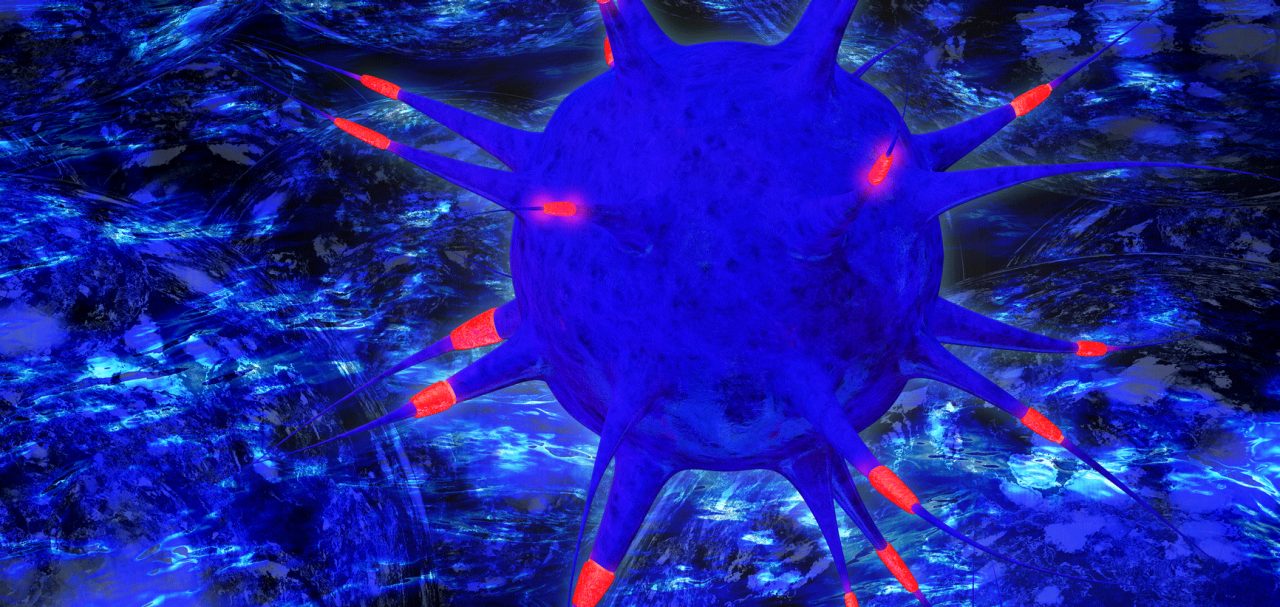Where Can I Get More Information on ALS?

If you or someone you love was recently diagnosed with ALS, you probably have questions. Here are some resources for answers and support.
An amyotrophic lateral sclerosis diagnosis can be overwhelming — and terrifying. As of now there is no cure for this progressively debilitating disease. The best thing you can do after finding out that you or a loved one has ALS is to learn as much as you can about the disease, and investigate your treatment options. The following organizations are all good resources for information and support.
YOU MIGHT ALSO LIKE: What Research Is Being Done on ALS?
ALS Association
(800) 782-4747
The ALS Association has been around since 1985. Since then, the organization has become a leading force in amyotrophic lateral sclerosis research. The Association also has a national network of chapters that provide education and support to people with ALS and their families.
ALS Foundation for Life
(508) 655-4381
The ALS Foundation helps relieve the physical, emotional, and financial burdens on ALS patients and their families. The organization provides funding for medical equipment, home modifications, and technical devices to help patients maintain their independence and mobility for as long as possible.
ALS Hope Foundation
Neurologist Terry Heiman-Patterson, MD, and neuroscientist Jeffrey Deitch, PhD, founded the ALS Hope Foundation in 1999. Through annual Hope Walks and other fundraisers, the foundation financially supports the MDA/ALS Center of Hope — the first multidisciplinary ALS clinic in the country, and the Neuromuscular Research Laboratory at Temple University College of Medicine. The ALS Hope Foundation also offers support and educational programs for people with ALS, their caregivers, and their doctors.
ALS Worldwide
(608) 663-0920
Stephen and Barbara Byer founded ALS Worldwide after their son, Ben, died from ALS in 2008. The organization provides support to ALS patients and their loved ones in more than 120 countries via email, phone, videoconference, and in-person visits. It offers education on the disease, along with advice on diagnosis, symptom management, and coping skills. The goal is to help people with ALS gain a better understanding of their disease, and get the emotional assistance they need to maintain their quality of life.
Brigance Brigade Foundation
(410) 878-2030
Living with ALS requires a lot of equipment, which can be costly. Brigance Brigade Foundation provides both technology and assistance to people living with ALS (PALS). Their grants allow ALS patients to buy a wheelchair, pay for home healthcare, build a ramp, or purchase other services and devices they need to manage their day-to-day care.
Hope Loves Company
(609) 730-1144
Hope Loves Company is the only organization devoted to helping children affected by ALS. It offers programs like an overnight camp, support sessions, and care packages to kids who have a parent, grandparent, or other loved one with ALS.
International Alliance of ALS/MND Associations
(202) 627-0993
This international collaboration was founded in 1992 to coordinate the efforts of amyotrophic lateral sclerosis (also called motor neurone disease) associations around the world. By joining forces and sharing information between these international groups, the organization hopes to improve awareness, research, and care management globally. The Association also hosts an annual International Symposium on ALS/MND, which brings together leading ALS researchers and health professionals.
Muscular Dystrophy Association (MDA)
(800) 572-1717
MDA advocates for people with neuromuscular diseases, including muscular dystrophy and ALS. The organization has been around since 1950, and is probably best known for its annual telethons hosted for years by the now-deceased Jerry Lewis. Today, MDA uses the funds it raises to invest in clinical trials of new muscular dystrophy and amyotrophic lateral sclerosis treatments, support families living with these diseases, and send children to MDA summer camp.
Updated:
March 16, 2020
Reviewed By:
Christopher Nystuen, MD, MBA